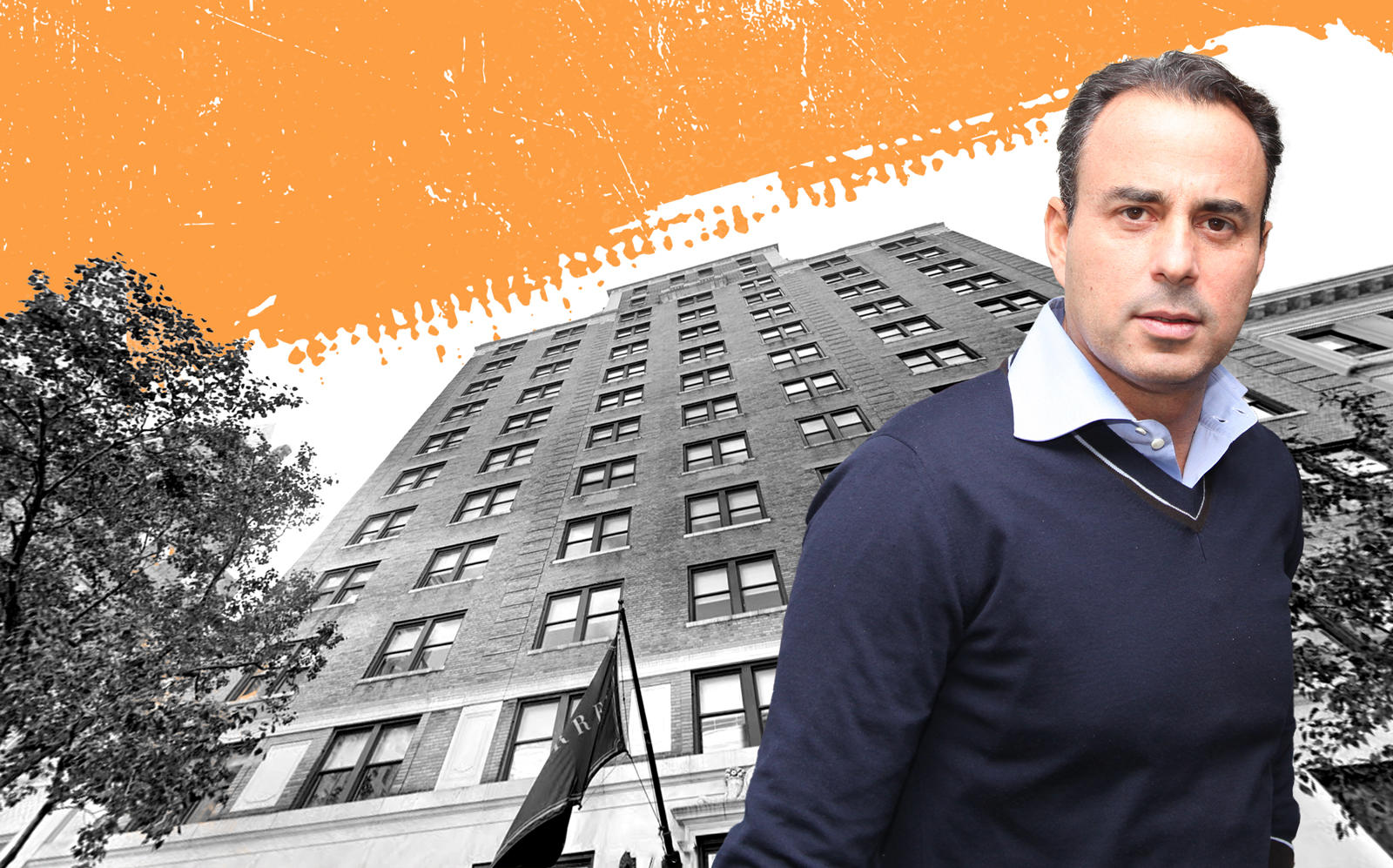In late April, Ashkenazy Acquisitions took the unusual step of pushing the Surrey Hotel into bankruptcy to protect its debt interest in the shuttered property from being wiped out by a ground lease default.
Ashkenazy’s involuntary petition was granted in July but the ground lease on the Upper East Side hotel is now likely to be terminated anyway.
In a court filing this week, the Chapter 7 trustee for the hotel’s estate said the lease on the 190-room Surrey “provides little to no value to the debtor’s estate, while simultaneously creating a substantial administrative burden.” The trustee added that ground rent arrears were “substantial in this case” and continue to accrue.
Ground rent currently costs the hotel $525,000 a month, and back rent has grown to over $2.6 million since the hotel was shut down at the start of the pandemic. The property at 20 East 76th Street has also amassed another $1.8 million in tax arrears, the motion notes.
The trustee has signed a stipulation with the owners of the ground under the hotel, which would surrender possession of the premises to them pending the court’s approval. A hearing on the expedited motion is scheduled for Aug. 13.
Read more


Although Ashkenazy had originally petitioned for a Chapter 11 bankruptcy to reorganize the hotel LLC, the bankruptcy court converted it to a Chapter 7 liquidation case, and appointed a trustee for the hotel’s estate.
The Chapter 7 conversion was caused by Ashkenazy and the hotel’s inability to agree on a budget needed to fund a Chapter 11 proceeding, Crain’s reported last month.
The hotel, owned by Denihan Hospitality Group, “has no funds or financing to re-open or operate going forward,” its attorneys wrote in court filings, which would prevent the LLC from remaining as a debtor in possession.
The ground owners’ lawyers noted that this bankruptcy case was “atypical in many respects.” Ashkenazy noted in its petition that bankruptcy court was “the only available forum for relief” at the time of the April filing because other courts were closed by the pandemic.
“Typically, a ground lease mortgagee, like [Ashkenazy], would act to preserve its collateral — the ground lease — by funding a debtor’s costs and protecting the leasehold,” the attorneys wrote. They concluded that it could not be a Chapter 11 case unless Ashkenazy commited to funding it himself.
The ground lessor is a partnership that once included the late George Kaufman, head of Kaufman Organization, property records and court filings show. A representative for the partnership declined to comment.
Representatives for Ashkenazy, Denihan and the trustee did not respond to requests for comment.
In court filings, Ashkenazy wrote that it was prepared to fund taxes for the hotel on a monthly basis, but refused to fund ground rent payments, arguing that “entitlement to rents is highly disputed at this point.”
Ashkenazy was also planning to file an adversary proceeding against the ground lessor in bankruptcy court, alleging a “history of bad faith” going as far back as 2014. That was when the ground lessor withheld consent for a deal that would have seen Ashkenazy acquire a 49 percent interest in the hotel from Denihan.
Ashkenazy sued Denihan — but not the ground lessor — in 2014 over its failure to close the deal, and the complaint was dismissed after a judge found that Denihan had made a “commercially reasonable” effort to get consent from the ground lessor.
According to the proposed adversary complaint, which has not been filed but was included as an exhibit for “informational purposes,” the ground lessor also allegedly prevented two other sales from going through.
The complaint alleges that it arbitrarily rejected sales offers “despite its awareness that the financial health of the Hotel was declining and continued to erode” even prior to the pandemic.
The $45 million leasehold mortgage on the hotel was originally provided by the Canadian Imperial Bank of Commerce, but was acquired by Ashkenazy in 2018, when it was already in default — “at a steep discount ” according to the ground lessor’s court filings.
The total amount owed on the loan, including interest and other fees, is about $60 million according to Ashkenazy.
If and when the ground lease is terminated, it is unclear what other assets the hotel LLC possesses, with which it would be able to pay back its numerous unsecured creditors.
Contact Kevin Sun at ks@therealdeal.com.
